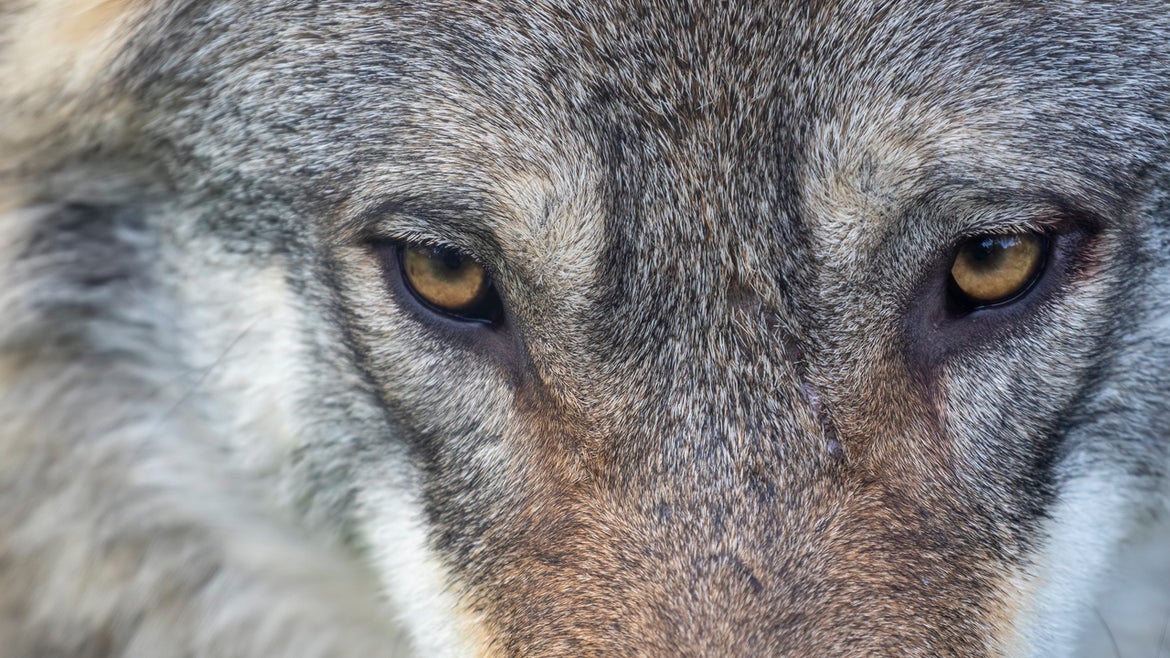The wolves began turning up dead in February in the state.
Investigators in Oregon are asking for the public’s help in figuring out who has been poisoning wolves in the area. A pack of wolves were found dead from poisoning in February. From March to July, authorities then found three more gray wolves dead from poisoning 275 miles outside of Portland, The Guardian reported.
An award for $43,000 is now being offered for information.
“It has been absolutely shocking and heartbreaking for us,” said Sristi Kamal, senior northwest representative for Defenders of Wildlife, per The Guardian.
Killing a wolf in Oregon is against the law unless it’s in self-defense. It’s not clear what the motive in these killings is, but wolves are often thought to be more dangerous than they actually are. Some hunters and livestock producers believe wolves are a threat.
Oregon is a state where wolf repopulation efforts have led to an increased interaction with humans, according to Kamal.
“This is definitely a case where we have not seen wolves being poached at this scale before,” Kamal said. “Poaching is one of those really difficult and challenging crimes where it’s really hard to even know where the victim is, locate the crime scene or identify suspects.”
It’s not clear what effect the killings of the wolves will have have on the larger wolf population in the state, according to the Department of Fish and Wildlife. The eight wolves that were poisoned represent 4.5% of the state’s gray wolf population.
In August, the Biden administration has announced that it was sticking to a decision to lift a ban that protects gray wolves, despite concerns from some activists that it could threaten the species, officials said. The ban was initially lifted by Trump.
For 45 years, gray wolves were on the list of animals protected by the Endangered Species Act of 1973 because before the act, the species was near extinction.






